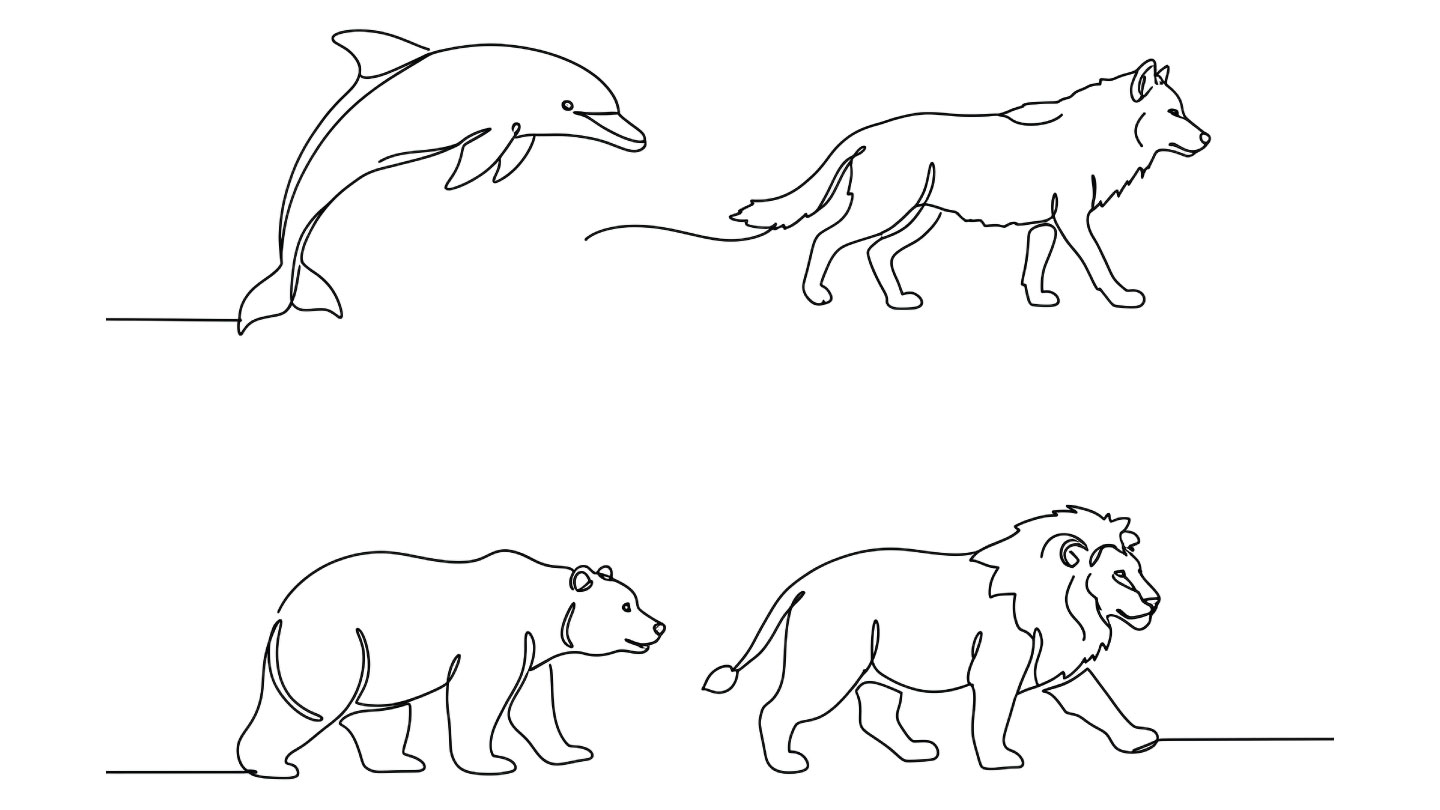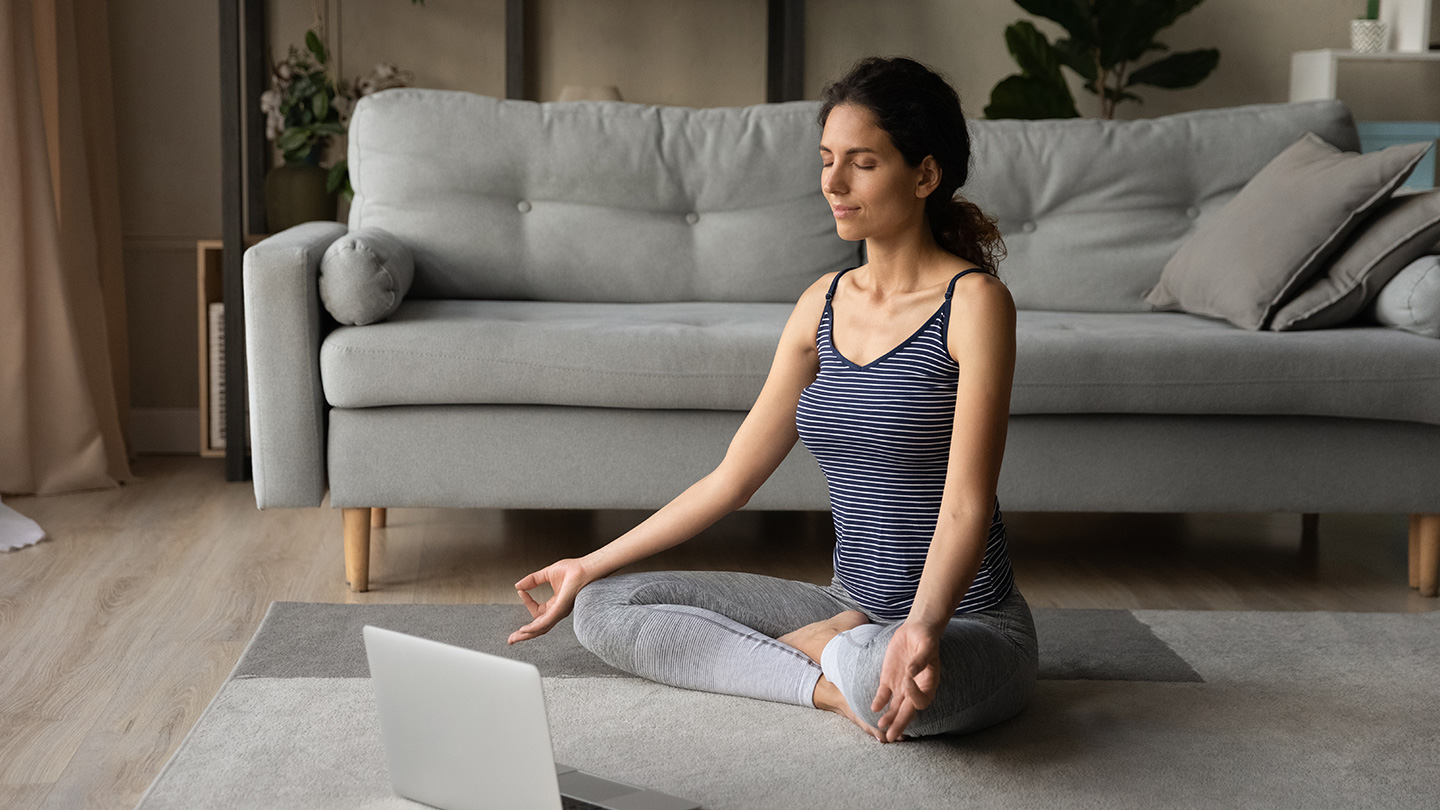Miscellaneous
Why Women Really Do Need More Sleep
Hormones, brain load and sleep sensitivity all point to one truth: most women genuinely benefit from a little extra rest.
.jpg)
“Women need more beauty sleep” used to sound like a joke. Yet, large sleep surveys consistently show that women log more minutes of rest than men. A meta-analysis cited by the Sleep Foundation (2025) reports an average difference of around 11 minutes per night. That may not seem like much on paper, but over time, it becomes a meaningful cushion for the brain.
Related story: 10 Home Remedies To Help You Sleep Better
Hormones Direct the Sleep Script
Fluctuations in estrogen and progesterone do more than influence moods; they reshape sleep cycles. During the luteal phase, progesterone can make women drowsier yet fragment sleep. Perimenopause and menopause bring declining hormone levels, which correlate with a longer time to fall asleep and less deep sleep.
Researchers at the University of Southampton (2024) note that women’s circadian clocks tend to run slightly faster, meaning they get sleepy and wake earlier than men. A late bedtime can therefore cut into their most restorative sleep.
Cognitive Load and Emotional Labour
Jim Horne, a sleep neuroscientist, has said: “Women tend to multitask, they do lots at once and are flexible, and so they use more of their actual brain than men do.” Between work, caregiving and mental to-do lists, many women shoulder what researchers call invisible labour. That constant cognitive activity increases the need for deep restorative sleep.
Related story: How to Calm the Mind and Get a Good Night’s Sleep
Interrupted Sleep Requires More Recovery
Women’s total sleep time may be longer, but their sleep is often more fragmented. Diary data analysed in the American Sociological Review (2013) show that even after accounting for work hours, women experience more nighttime interruptions than men, often due to caregiving responsibilities. Fragmented sleep is less efficient, so they need a longer time in bed to get the same restorative effect.
Related story: Sleep Deprivation: The Real Reason You Are Losing Sleep
Higher Risk of Certain Sleep Problems
- Insomnia: more commonly reported by women.
- Restless Legs Syndrome: higher prevalence in females.
- Sleep apnea: rises sharply after menopause, often with subtler symptoms.
A Duke University study (2025) found that sleep-deprived women showed greater mood disturbances, hostility, depression and irritability than sleep-deprived men.
Related story: Screen Time Could Be Sabotaging Your Sleep and Mental Health
What The Research Has to Say
A supplement in the journal Sleep (2023) explored sex differences in sleep needs and concluded there is mounting evidence that women may indeed require slightly more rest, although the exact number of extra minutes isn’t settled.
Related story: Internet's Most Googled Questions On Sleep
Action Steps for Real Rest
- Listen to your cycle: Allow extra buffer time during phases when sleep is harder.
- Protect your bedtime: Align it with your natural circadian rhythm.
- Reduce interruptions: Share night duties or use white noise to minimise arousals.
- Brain dump before bed: Journaling can unload mental tasks.
- Catch up after deprivation: Women’s brains show more benefit from recovery sleep than men’s.
Related story: The Best Posture To Sleep In
Needing more sleep is not indulgence; it’s maintenance for a complex, high-performing brain. Hormonal changes, mental load and higher sensitivity to sleep loss all drive a genuine biological need for extra rest. Even an additional 15–20 minutes can improve mood, cognitive performance, and long-term health.
Related story: 6 Viral Life Hacks To Help Sleep Better
Take care of your body and mind to feel your best. Sign up here to unlock holistic health.
EXPLORE MORE
Non-violence isn’t just about avoiding harm; it’s a way of speaking, acting, and even thinking that lowers stress, strengthens relationships, and makes everyday life lighter.
Discover how animal chronotypes influence your psychology, energy cycles, and the quality of your sleep.
The UR.Life X Heartfulness program blends ancient wisdom with modern tools for stress management and emotional resilience.
Deadlines colliding with decorations? Here’s how to keep your focus and still enjoy the festivities.



.jpg)



